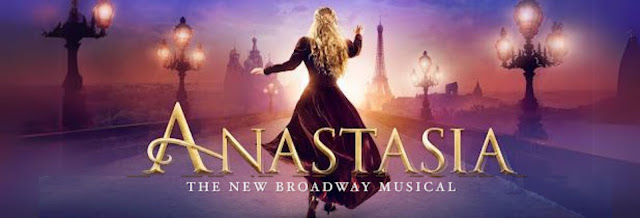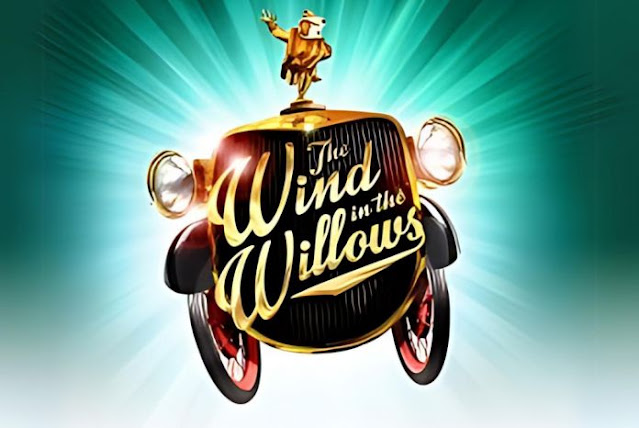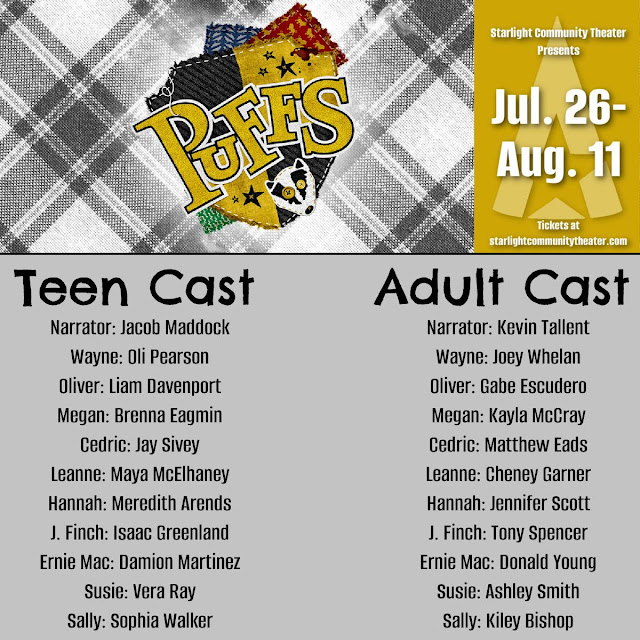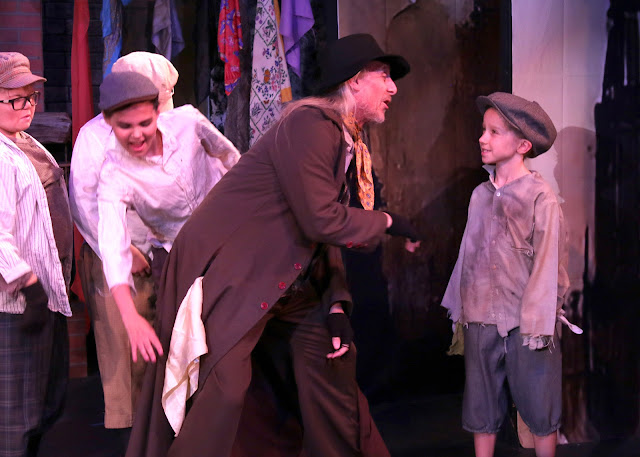AUDITIONS ANNOUNCED FOR
THE MINUTES
by Tracy Letts
directed by Louis Farber
Tempe Center for the Arts Studio Theatre
September 27 - October 12, 2024
WHEN/WHERE:
Sunday, August 4th 11am-3pm
IN PERSON at Childsplay Campus of Imagination and Wonder - 900 S Mitchell Dr, Tempe, AZ, 85281
Callbacks will be IN-PERSON at a later date.
ROLES AVAILABLE:
We are seeking 7 male-identifying and 3 female-identifying actors.
All abilities, ethnicities are encouraged to audition.
We will also be casting understudies.
Non-AEA only at this time.
The role of MAYOR SUPERBA has already been cast but we will be casting an understudy.
All other roles are available.
M
MR. PEEL - (late 20s-30s) The new guy. Tenacious.
MR. BLAKE - (mid 30's-mid 50's) - Black. Smooth-talking politician with fickle tendencies. Knows how to play the game.
MR. BREEDING - (40's-mid 60's) - One of the Mayor's right-hand men. Impatient. Opinionated. Takes up Space.
MR. HANRATTY - (mid 30's-mid 50's) - Genuinely Caring. Passionate. Determined.
MR. ASSALONE - (40's-mid 60's) - Another of the Mayor's right-hand men. Lives up to his name…
MR. OLDFIELD - Older than the others. Longest running member of the Big Cherry City Council. Has overstayed his political years.
MR. CARP (45-60) - Moral. Hardworking. Good-natured.
F
MS. JOHNSON - (late 20's-late 30's) - City Council Clerk. Reliable and dedicated public servant with a cordial demeanor.
MS. INNES - Older than the others. Second longest running council member.
MS. MATZ - (late 30's+) - Chairperson of the Council Rules Committee. Scattered. Skittish (on medication). Not Always Entirely Present.
PLEASE PREPARE:
Prepare the side(s) sent to you from the script after you schedule your audition.
TO AUDITION:
1. NAME
2. PHONE NUMBER
3. CHARACTER(S) YOU WOULD LIKE TO BE CONSIDERED FOR
4. IF YOU HAVE A WINDOW OF TIME YOU WOULD PREFER, YOU MAY REQUEST IT BUT PLEASE KEEP IN MIND ALL AUDITIONS ARE ON A FIRST COME, FIRST SCHEDULED BASIS IN 5 MINUTE INCREMENTS. WE WILL DO OUR BEST TO HONOR TO YOUR WISHES BUT CANNOT MAKE ANY PROMISES
YOU WILL RECEIVE A CONFIRMATION EMAIL WITH:
1. IMPORTANT INFORMATION
2. A LINK TO THE SCRIPT
3. SIDE(S) TO PREPARE
4. AN AUDITION FORM TO COMPLETE BEFORE ARRIVAL
5. AN AUDITION TIME SLOT
PAY: There is a $400 stipend for all actors cast. A smaller stipend is offered for understudies.
ABOUT THE SHOW:
THE MINUTES
by Tracy Letts
directed by Louis Farber
Tempe Center for the Arts Studio Theatre
September 27 - October 12, 2024
Sometimes the smallest towns hold the biggest secrets…
From the celebrated author of AUGUST: OSAGE COUNTY comes this Tony-nominated, scathing new comedy about small-town politics and real-world power that exposes the ugliness behind some of our most closely-held American narratives while asking each of us just how far we would go to keep from becoming history’s “losers.” Also…head kitty Ron May will return to the Stray Cat stage as part of the cast!
“…one of the most thrilling new plays on Broadway this season even if recent real-life events hadn’t made it seem as uncanny as it is funny and, ultimately, disarming.” - Deadline


































.jpg)

.jpg)







.png)





.JPG)
.JPG)









.JPG)